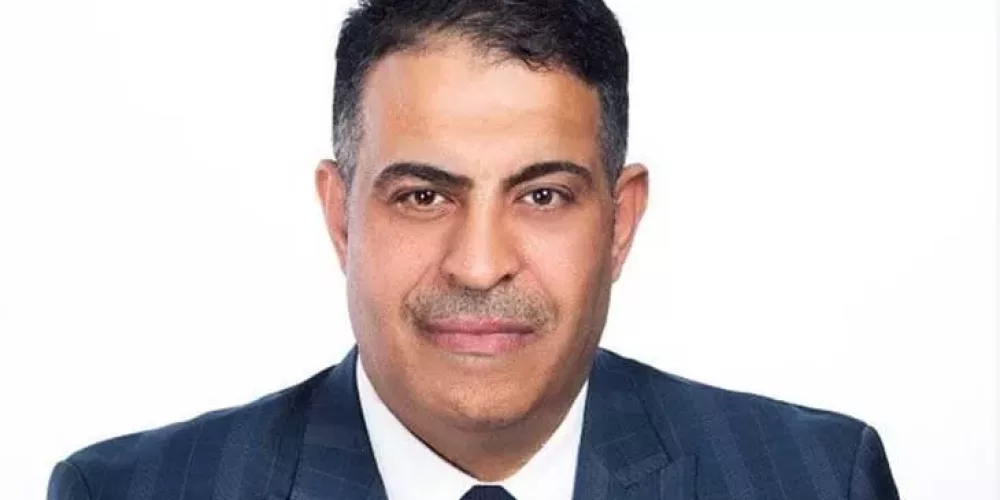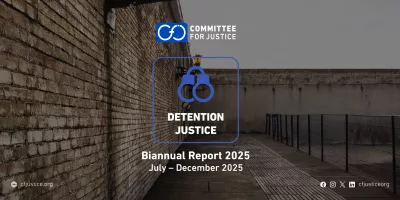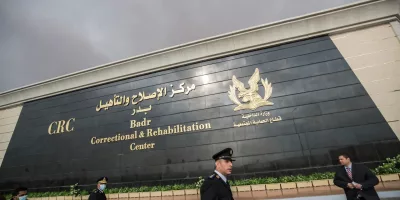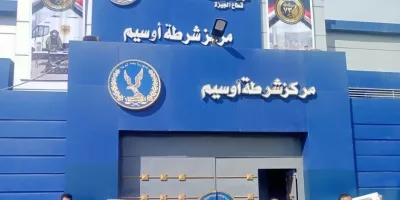Committee for Justice has documented a decision by the Supreme State Security Prosecution in Egypt to detain cassation lawyer and former candidate for the position of President of the Bar Association, Osama Fathy El-Sheshtawy, for 15 days in pretrial detention pending Case No. 844/2025. He faces charges including “joining a terrorist group,” “spreading false news,” and “using a website to promote a terrorist group” — accusations that have sparked widespread human rights condemnation.
El-Sheshtawy was arrested on November 10, 2025, near his home by a National Security force, according to his daughter, before being taken to an undisclosed location after the Nozha Police Station denied his presence. Human rights sources reported that he was subjected to verbal abuse and physical assault during interrogation, in clear violation of Egyptian law and international standards for the treatment of detainees.
The incident follows a Facebook post by El-Sheshtawy expressing solidarity with an Egyptian lawyer assaulted inside the Grand Mosque in Mecca and calling on colleagues to gather in front of the Saudi Embassy in Cairo to pressure the Egyptian Ministry of Foreign Affairs to intervene in the case.
The Popular Committee for the Defense of Prisoners of Conscience issued a statement affirming that what El-Sheshtawy is facing constitutes a blatant attack on freedom of expression and the independence of the legal profession, which is a cornerstone of justice and the rule of law. The committee stressed that the repeated use of vague and recycled charges has become a tool to silence free voices and prevent any form of peaceful criticism or opposition.
On November 13, 2025, lawyer Nabih El-Gennady, accompanied by General Bar Association Council member Amr El-Khashab, filed a complaint to the Public Prosecutor (No. 1433401 – Technical Office Petitions) regarding all violations committed against cassation lawyer Osama El-Sheshtawy.
Committee for Justice affirms that the arrest of lawyer Osama El-Sheshtawy is part of a recurring pattern of violations targeting lawyers and human rights defenders in Egypt, where they are detained for their opinions or professional activities, in clear breach of the UN Basic Principles on the Role of Lawyers, which state that “Governments shall ensure that lawyers are able to perform all of their professional functions without intimidation, hindrance, harassment or improper interference.”
This approach undermines the independence of the legal profession and violates Article 54 of the Egyptian Constitution guaranteeing personal liberty, as well as Egypt’s obligations under the International Covenant on Civil and Political Rights, particularly Articles 9 and 14, which prohibit arbitrary detention and guarantee the right to a fair trial. The continuation of this policy threatens the rule of law and sends a dangerous message about the erosion of constitutional and human rights guarantees in the country






